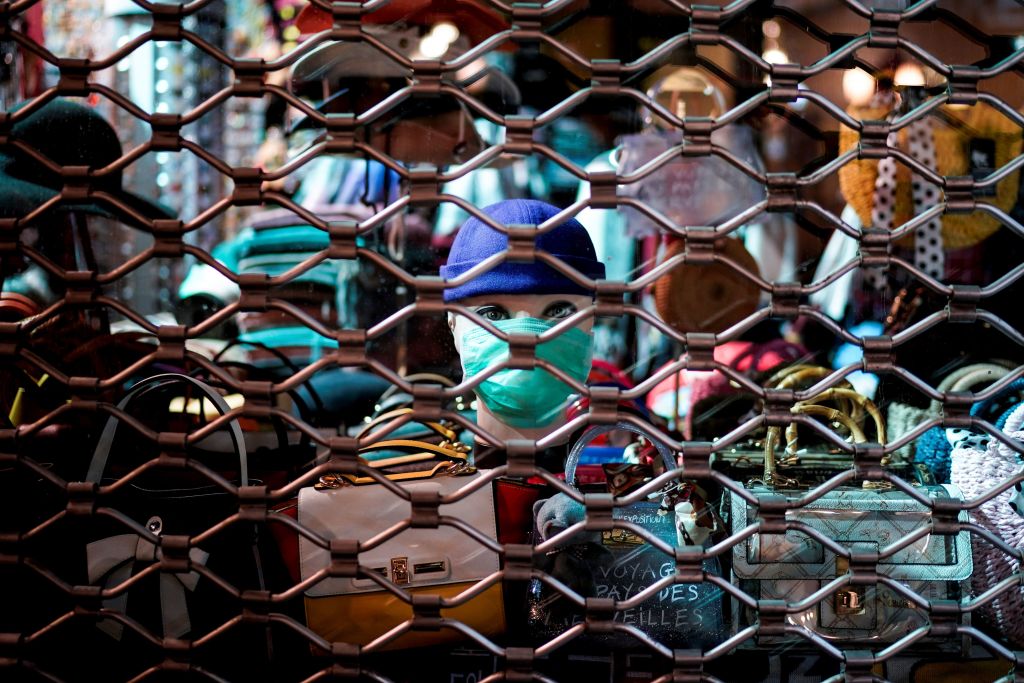If there is one country which has influenced the government’s toughening of Covid restrictions over the past fortnight it is Belgium. It was Sophie Wilmes’ government which, faced with a resurgence of Covid cases in late July, came up with the idea of placing a limit on the size of social gatherings – five rather than the six which Boris Johnson went on to impose in England six weeks later. It was the Belgian government, too, which came up with the idea of setting a curfew for pubs – 11pm rather than the 10pm which will come into effect in England, Scotland and Wales today. At the same time, Belgium extended the compulsion to wear a mask to most public places.
So did those measures do the trick in Belgium? Not quite. Daily confirmed cases rose from around 600 a day at the end of July to peak at just over 900 a day in the middle of August. They then fell back to around 400 a day at the beginning of September – before a further resurgence. On Wednesday, there were 1834 new infections.
But here’s the thing. In spite of rising cases, Belgium is now relaxing its restrictions rather than tightening them. This week it has announced that people will now be able to meet up in groups of 10 rather than five. The quarantine period for people self-isolating will be reduced to seven from 14 days and masks will no longer have to be worn everywhere in public – though they will still be required on public transport, shops, cinemas and on some crowded streets.
The change has not pleased everyone. One of the country’s leading virologists, Marc Van Ranst, has complained ‘it does not take a great virologist to work out that the figures will increase further in coming weeks’. Nevertheless, the relaxation is a sign that the Belgian government appreciates there is a limit to the restrictions that the public will accept, and the period for which people will tolerate them. The new measures, according to the Belgian prime minister, have been formulated in the hope that they may prove bearable for the entire winter.
That is the problem with which Boris Johnson is now going to have to contend. The original lockdown was severe, but it was imposed initially only for three weeks. That is a lot different from facing six months of serious restrictions on daily life. As Belgium is realising – and other countries, too, may well come to appreciate – a policy of total suppression of Covid-19 may not be practical for much longer. We may have to go back to plan A – which was to slow the progression of the epidemic – to ‘squash the sombrero’, as Johnson put it – rather than try to stop it altogether.







Comments